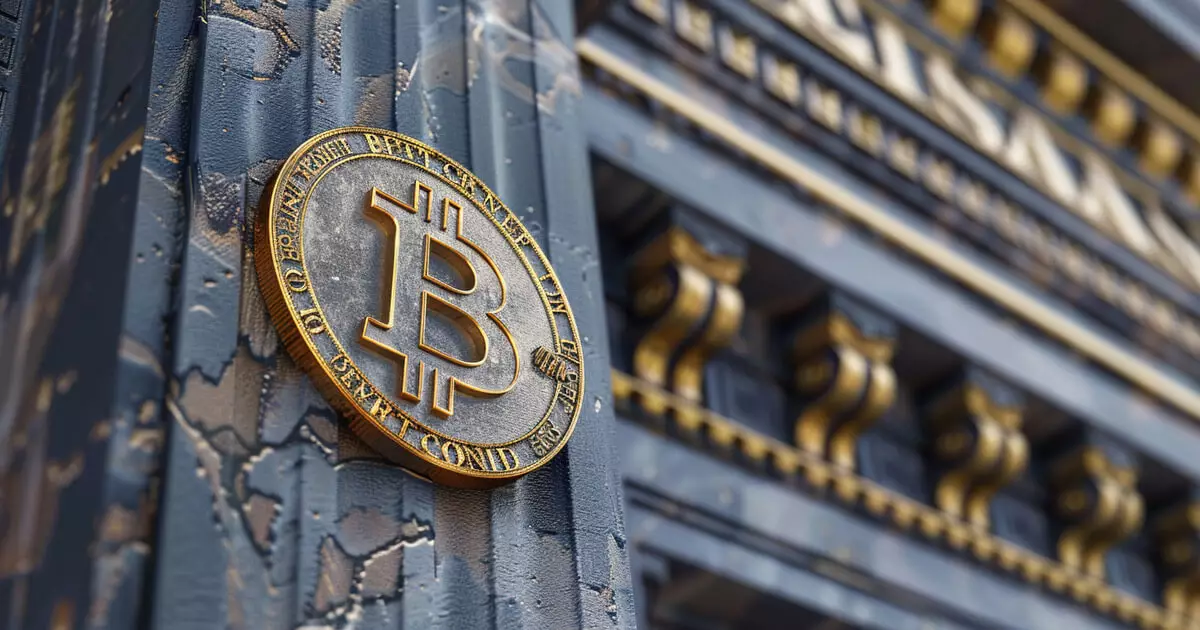In recent years, the intersection of cryptocurrency and traditional banking has posed significant challenges for hedge funds operating within this volatile sector. A revealing report from The Wall Street Journal highlights that approximately 120 out of 160 surveyed hedge funds—which is an alarming 75%—faced difficulties in accessing essential banking services. This report, published on December 20, 2023, sheds light on the unique position of crypto hedge funds, particularly when juxtaposed against their peers in other alternative investment classes, such as real estate and private credit, who reported no similar obstacles.
The survey conducted by the Alternative Investment Management Association (AIMA) emphasizes a concerning trend: the persistent hurdles faced by crypto hedge funds that others in the financial landscape do not seem to encounter. This discrepancy calls for a deeper examination of the underlying causes and implications within the financial ecosystem.
The banking complications for these crypto-focused funds were not merely isolated incidents; they manifested through various means, including unclear communication strategies and, in more severe cases, termination of banking relationships. Over half of the affected funds reported being explicitly informed by banks that their partnerships would be dissolved; however, the reasoning behind these decisions frequently remained obscure. Clients were often left in the dark, most notably as banks cited ambiguous objectives aimed at curbing exposure to the crypto market without providing substantial justifications.
These issues have raised alarm bells within the crypto industry, leading to discussions around a perceived systemic effort by the Biden administration, dubbed “Operation Chokepoint 2.0.” This initiative allegedly aims to mitigate the influence of cryptocurrency within the U.S. financial landscape by constricting access to banking services. Coinbase’s chief legal officer, Paul Grewal, substantiated these concerns by obtaining letters from the Federal Deposit Insurance Corporation (FDIC) through a Freedom of Information Act request, which seemed to instruct banks to cease or limit their dealings with crypto clients.
Response from industry insiders has been significant, with figures such as Custodia Bank CEO Caitlin Long asserting that the documents indicated a deliberate effort to undermine the growth of the crypto sector. Additionally, Austin Campbell, CEO of global digital payments firm WSPN, suggested that the AIMA survey findings only reinforce the belief that a systematic obstruction exists against crypto operators.
One salient point from this ongoing challenge is the adaptation by affected funds; while they faced pushback from major banks, nearly all found alternative banking partners, albeit often smaller and more local institutions. This shift illustrates a notable resilience within the crypto sector, suggesting a possible evolution of partnerships toward more accommodating financial institutions.
As the friction between the banking system and crypto hedge funds intensifies, it raises significant questions about the future of cryptocurrency finance in the U.S. Operations like Operation Chokepoint 2.0 could serve not only as a barrier but also as a motivator for innovation and evolution within the industry. While traditional banking institutions may currently retreat from crypto engagements, the persistence and adaptability of crypto hedge funds may pave the way for new financial relationships and frameworks, ultimately shaping the next chapter of the cryptocurrency saga.














